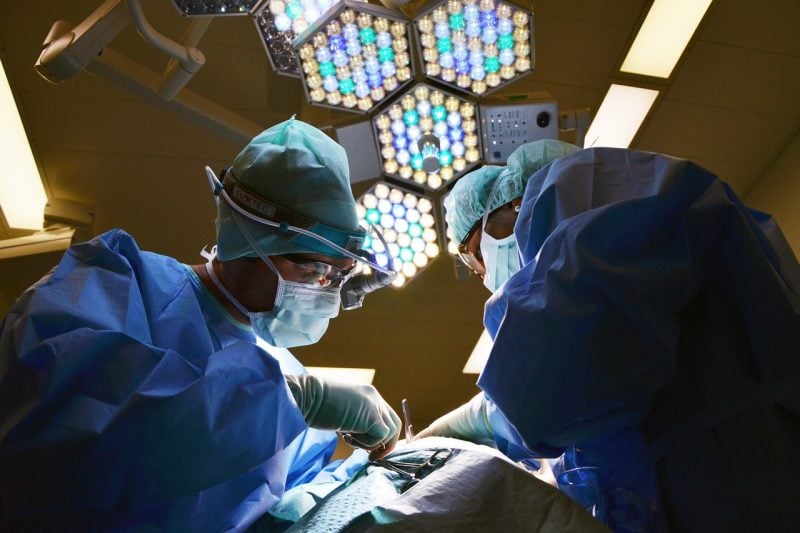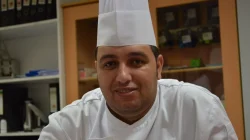The Health and Social Protection Minister, Amine Tahraoui, disclosed plans for substantial growth in medical training and an increase in healthcare personnel in Morocco. This initiative forms a key component of the administration’s strategic approach aimed at tackling persistent shortfalls within this field.
In response to a parliamentary inquiry regarding the enforcement of the new healthcare employment legislation, Tahraoui stated that the number of academic positions accessible to students enrolling in Morocco’s medical, pharmaceutical, and dental institutions surged by 88% from 2019 to 2024. According to his forecast based on an accord established in 2022 between the departments of health, higher education, and finance, this figure is expected to rise to around 7,543 slots per year by 2027.
Training programs for nursing and healthcare technologies experienced more significant growth. Undergraduate positions increased by 206%, totaling 8,360 spots in 2024, whereas graduate slots grew by 353% from 2020 to 2024, amounting to 680 places. The ministry plans to boost this number to 11,900 positions by 2029.
The minister further disclosed intentions to establish 16 research groups along with four doctoral-level research facilities at institutions focused on nursing and health technology. These developments are taking place in collaboration with government entities and societal collaborators.
Tahraoui declared an expansion in the number of residency spots for medical specialists. In the coming five years, the count of contract-based residencies will rise by 100 each year, with non-contract residencies increasing by 50 yearly.
The ministry is additionally striving to attract more healthcare experts to cope with rising needs. The number of budgeted positions for hires has risen from 4,000 in 2019 to an anticipated 6,500 by 2025. Starting from late 2020, the ministry has distributed recruitment powers to regional health offices, enabling them to manage their own hiring procedures locally. This move seeks to offer adaptability in tackling localized shortfalls of doctors and nurses.
Part of wider reform initiatives, the ministry is introducing forward-thinking projects such as the Regional Medical Program. This program seeks to evenly spread medical knowledge throughout various regions and enhance the movement of health personnel. The aim is to tackle the persistent issue of keeping medical staff in distant and under-resourced locations.
The administration aims to draw in international expertise as well. With Law 33.21, enacted to facilitate the work of overseas doctors in Morocco, over 580 foreign physicians have been hired so far. According to Tahraoui, this legislation represents an essential measure for tackling shortages in specialized medicine sectors.
Initiatives to enhance the attractiveness of the healthcare industry involve continuous communication with labor unions, enhancements in salaries, and the introduction of fresh incentives. Such measures encompass granting newly graduated medical professionals a elevated initial position on the remuneration chart, boosting risk-related wages for those working in health facilities, as well as implementing fluctuating rewards and bonuses specifically designed for practitioners serving in distant locations.
These changes are intended to boost collaboration between public and private sectors and acknowledge the worth of healthcare workers via updated hiring policies. Such measures encompass monetary rewards and improved work environments aimed at keeping skilled personnel and elevating service standards.
The minister stated that increasing the count of skilled health workers continues to be a key focus. According to him, putting into practice the 2022 framework agreement will enable Morocco to expand its medical staff from 17.4 personnel for every 10,000 inhabitants in 2022 to 45 by 2030—a target consistent with World Health Organization benchmarks as well as the nation’s sustainable development objectives.
The post
Morocco aims for significant growth in medical education and healthcare personnel by the year 2030.
appeared first on
English – Morocco News
.





